Menu
Menu
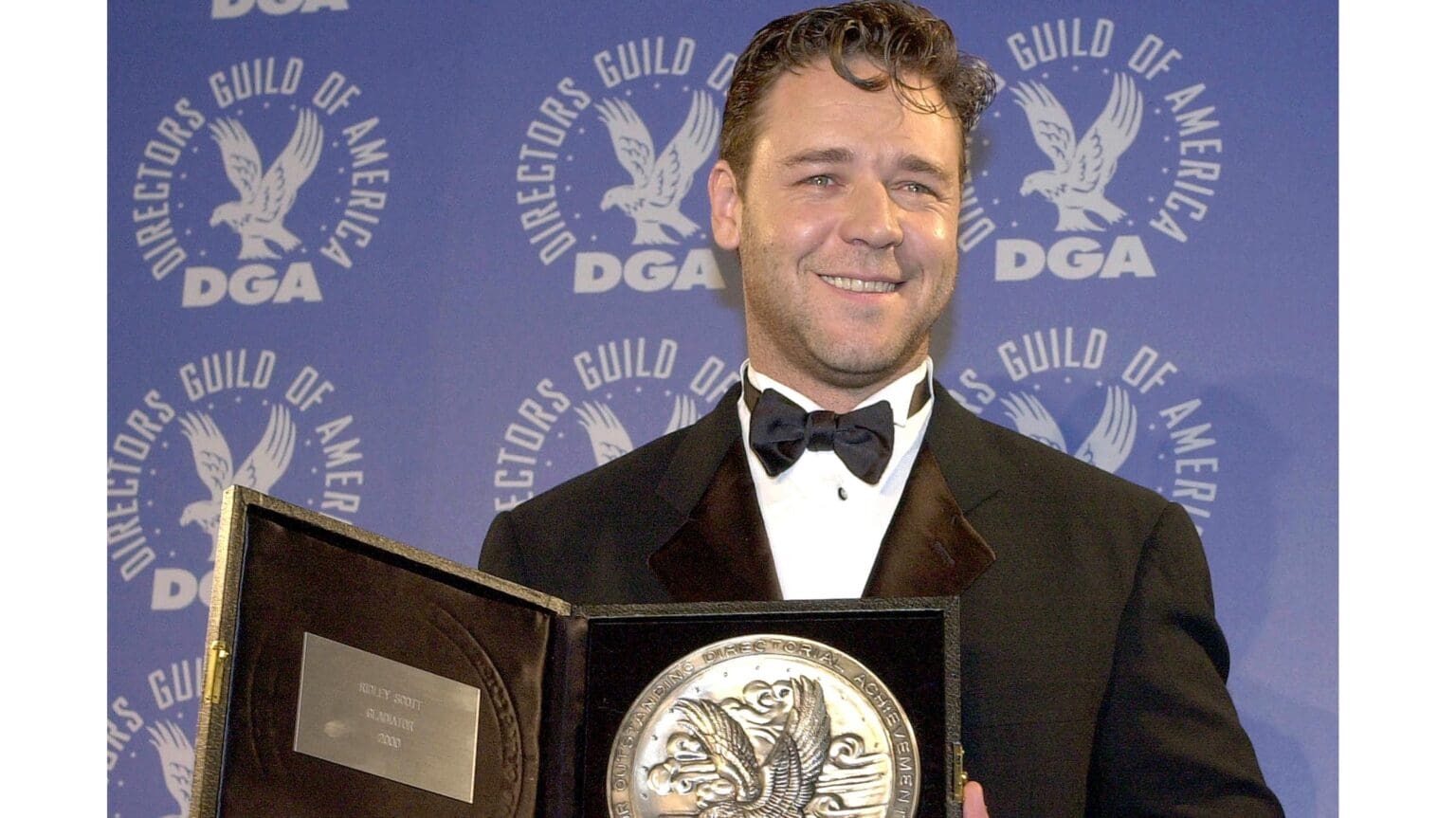
The two will be starring in Nuremberg, a historical drama directed by James Vanderbilt about American psychiatrist Douglas M. Kelley’s series of interviews with incarcerated Nazi leader Hermann Göring ahead of the Nuremberg trials.
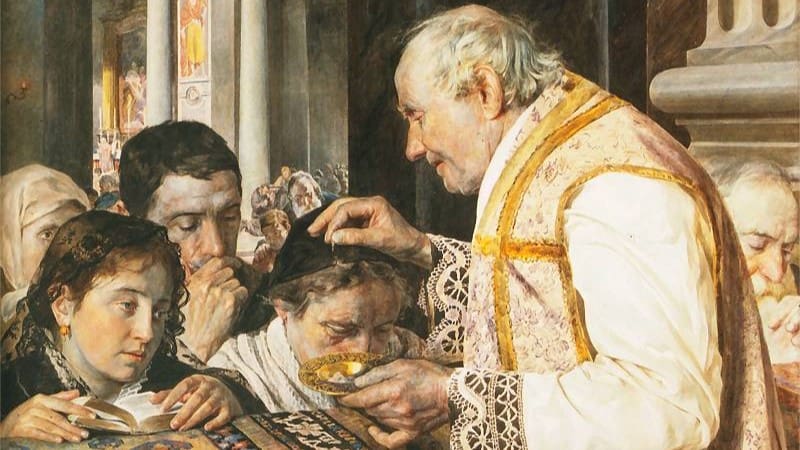
On this day that millions of Christians observe worldwide, we share St John Paul II’s thoughts on the significance of Ash Wednesday.

On the last day of Carnival, we share the thoughts of education scientist Mária Bajzáth, founder of a pedagogical storytelling workshop, on the role of masks, the magic of tales, and the community-building and community-preserving power of the festival.

In Hungary, people traditionally think in terms of owning their own homes, which not only provides predictability but also financial security for the next generation.
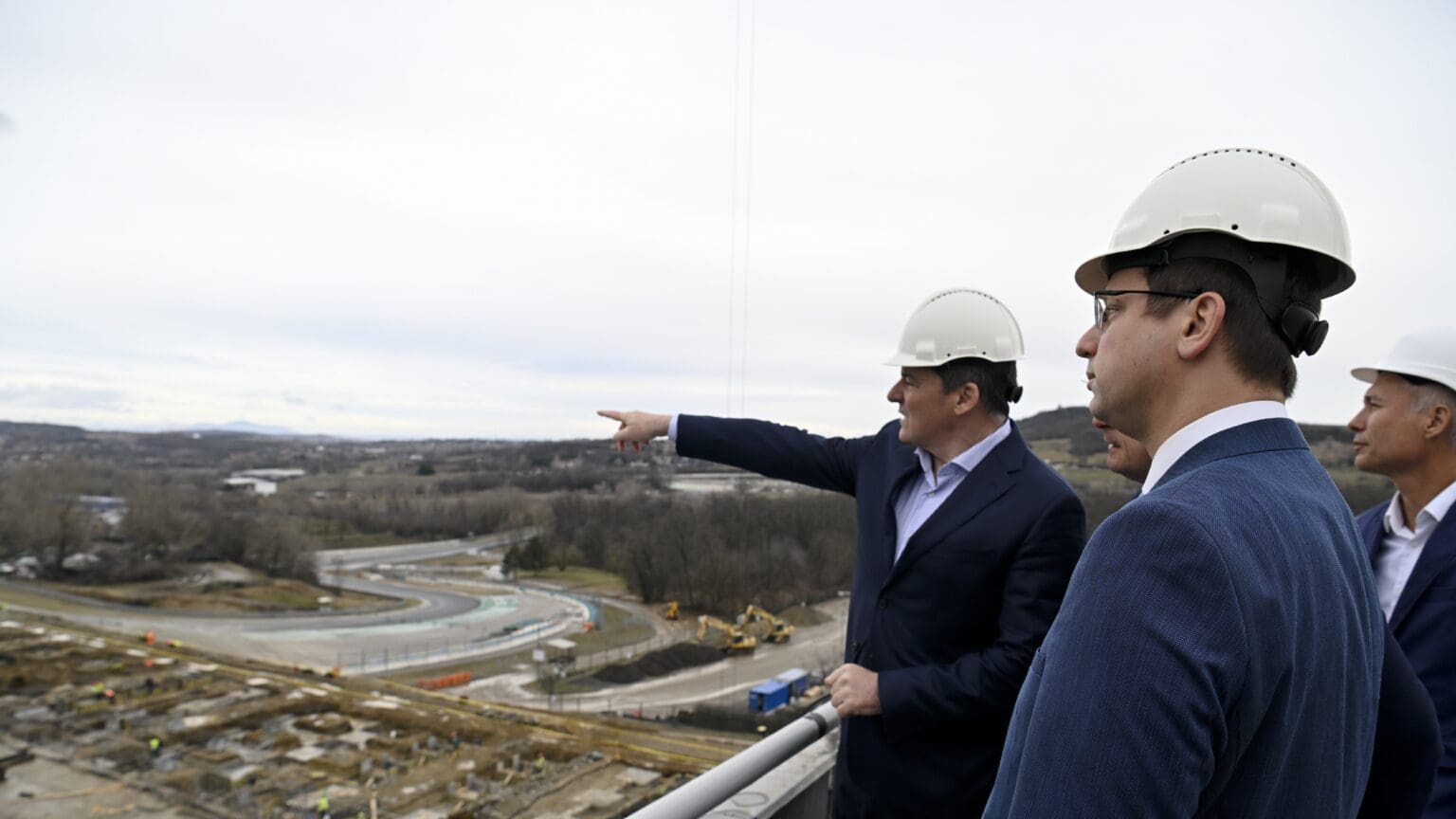
The contract extension for the Hungarian Grand Prix Formula 1 race will cover the comprehensive renovation of the Hungaroring, currently underway and scheduled to be completed by 2026.
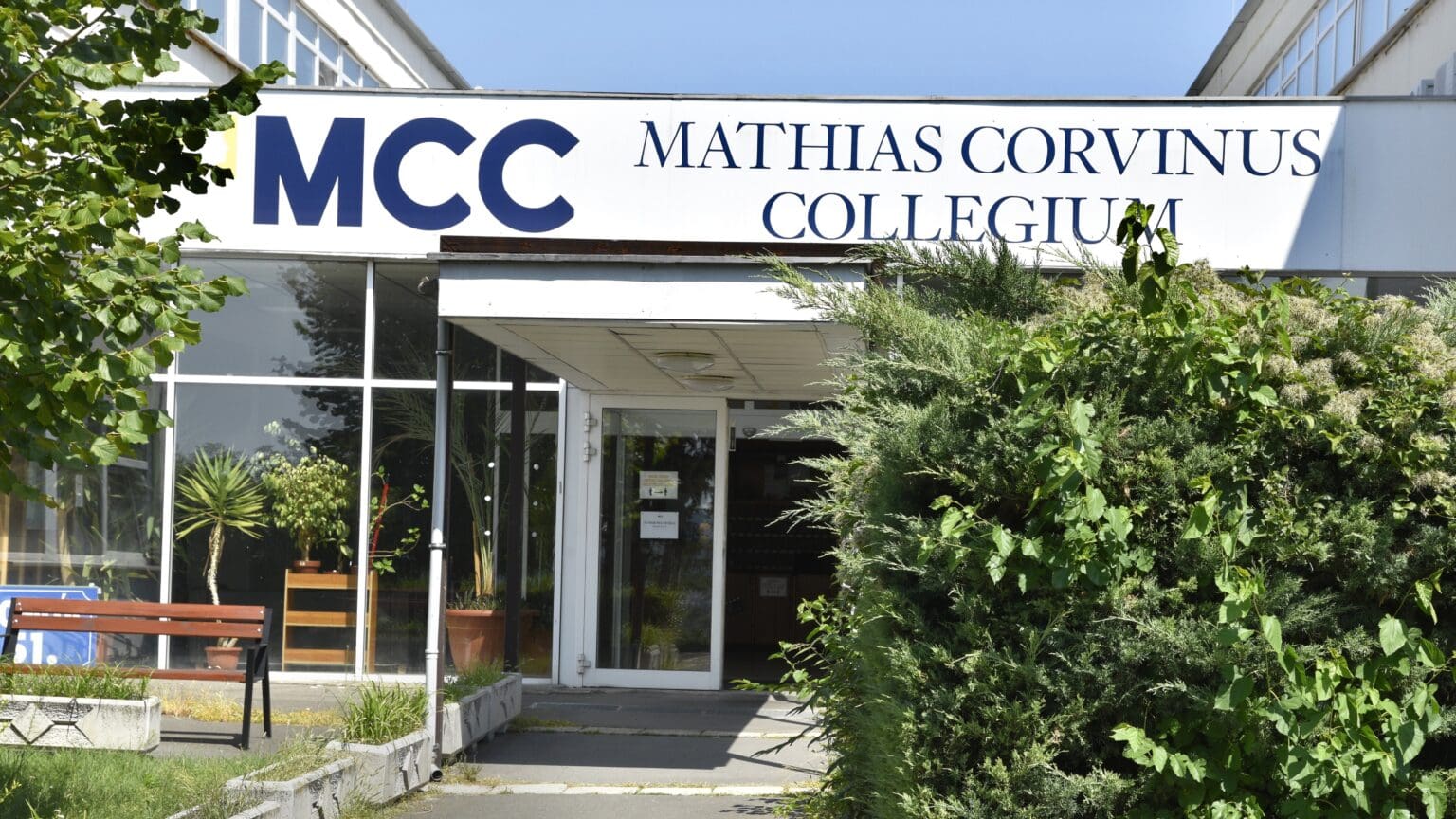
The MCC University Programme is unique in Europe, offering small-group, personalized training covering multiple disciplines, complementing traditional higher education in Hungary. Many young people participating in the programme enrol in MCC training already in primary school, becoming part of a cohesive community.

This year’s motto for Marriage Week is ‘constant renewal.’ Throughout the series of events, the organizers will explore how couples can, in today’s rapidly changing environment, focus on each other, grow together, renew their marriage, find new common goals, and adapt together to new life situations.

Áder noted that in Europe alone, 10 to 12 million cars are produced annually, and from 2035 onwards, only electric cars will roll off the assembly lines. This means that in Europe, 10 to 12 million batteries will be needed annually for car production.

During these awareness-raising sessions, which precede children’s and youth productions, a stage actor, accompanied by a four-legged friend, utilizes experiential pedagogy to draw attention to the importance of animal protection and responsible pet ownership.
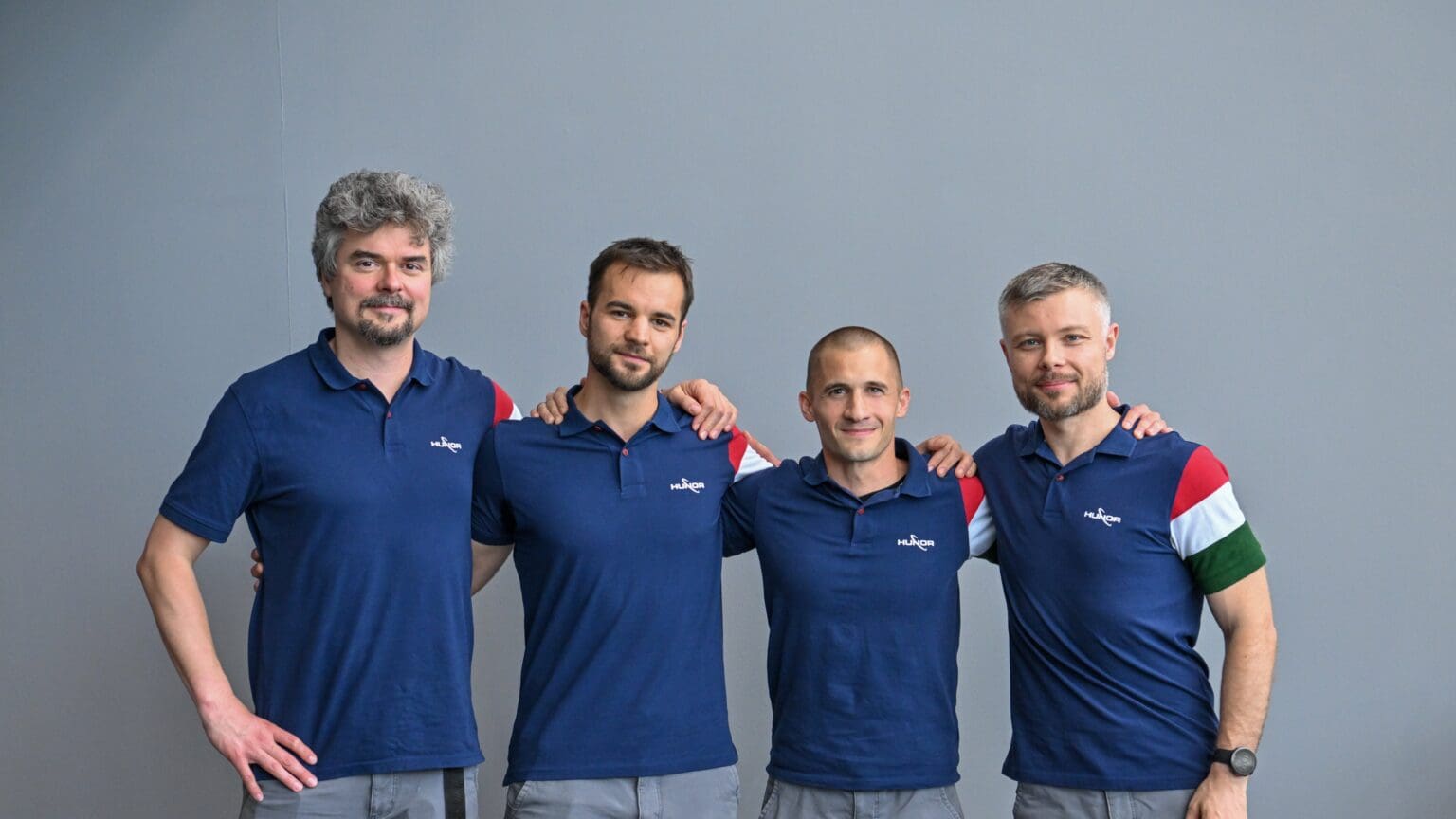
The HUNOR–Hungarian Astronaut Programme started its two-year training last March with a physician and three engineers in Hungary’s newly established professional astronaut corps. The goal of the HUNOR Hungarian Astronaut Programme is to send a Hungarian research astronaut to the International Space Station, to carry out primarily Hungarian-developed scientific experiments for nearly a month.

In spring, several representatives of the world music genre will visit Müpa, including some who have never been to Hungary before.
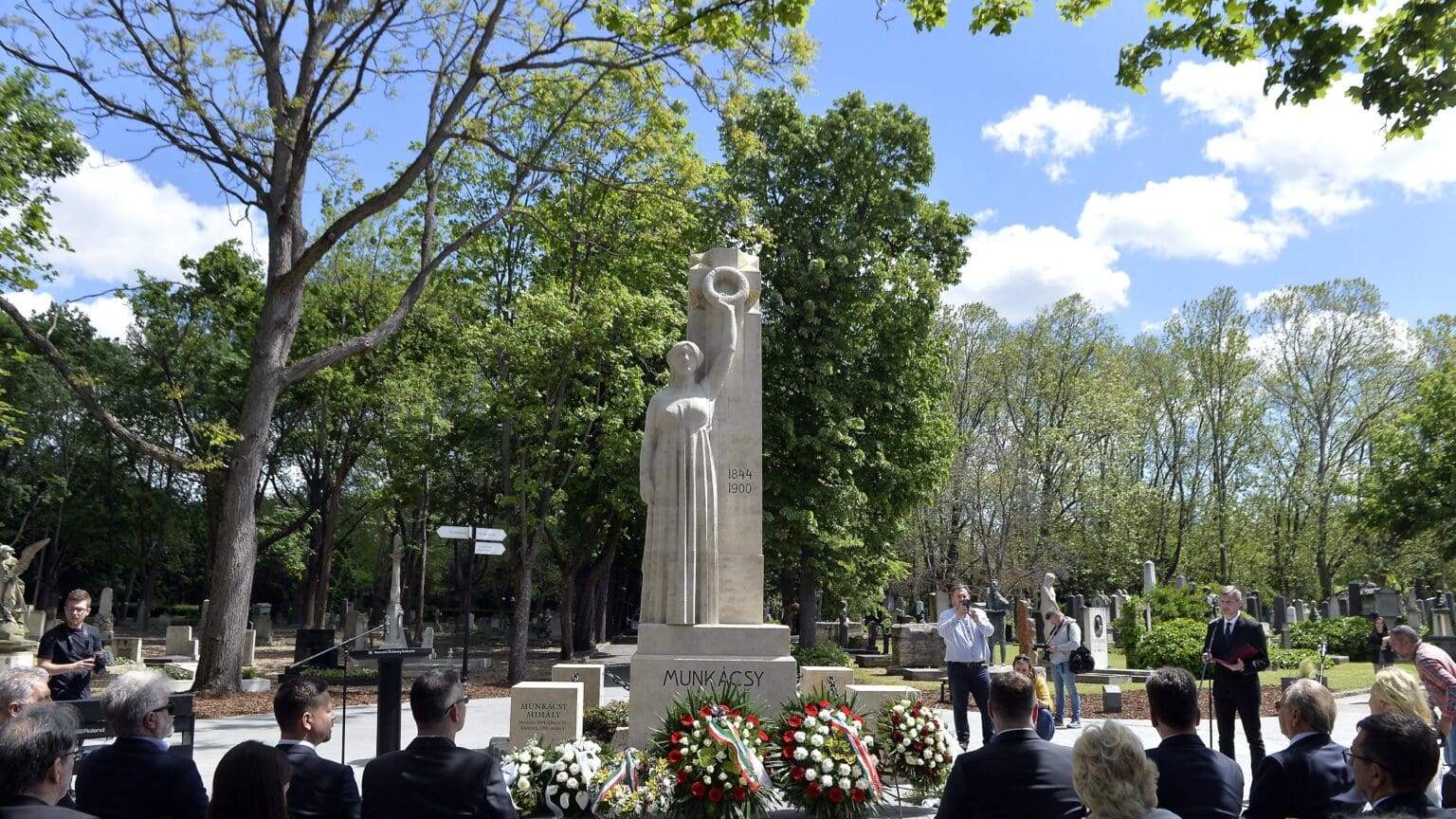
On the occasion of the 180th anniversary of the birth of the great 19th century painter Mihály Munkácsy, the municipality of Békéscsaba and the cultural institutions of the Munkácsy Quarter are organizing a year-long series of festivities.
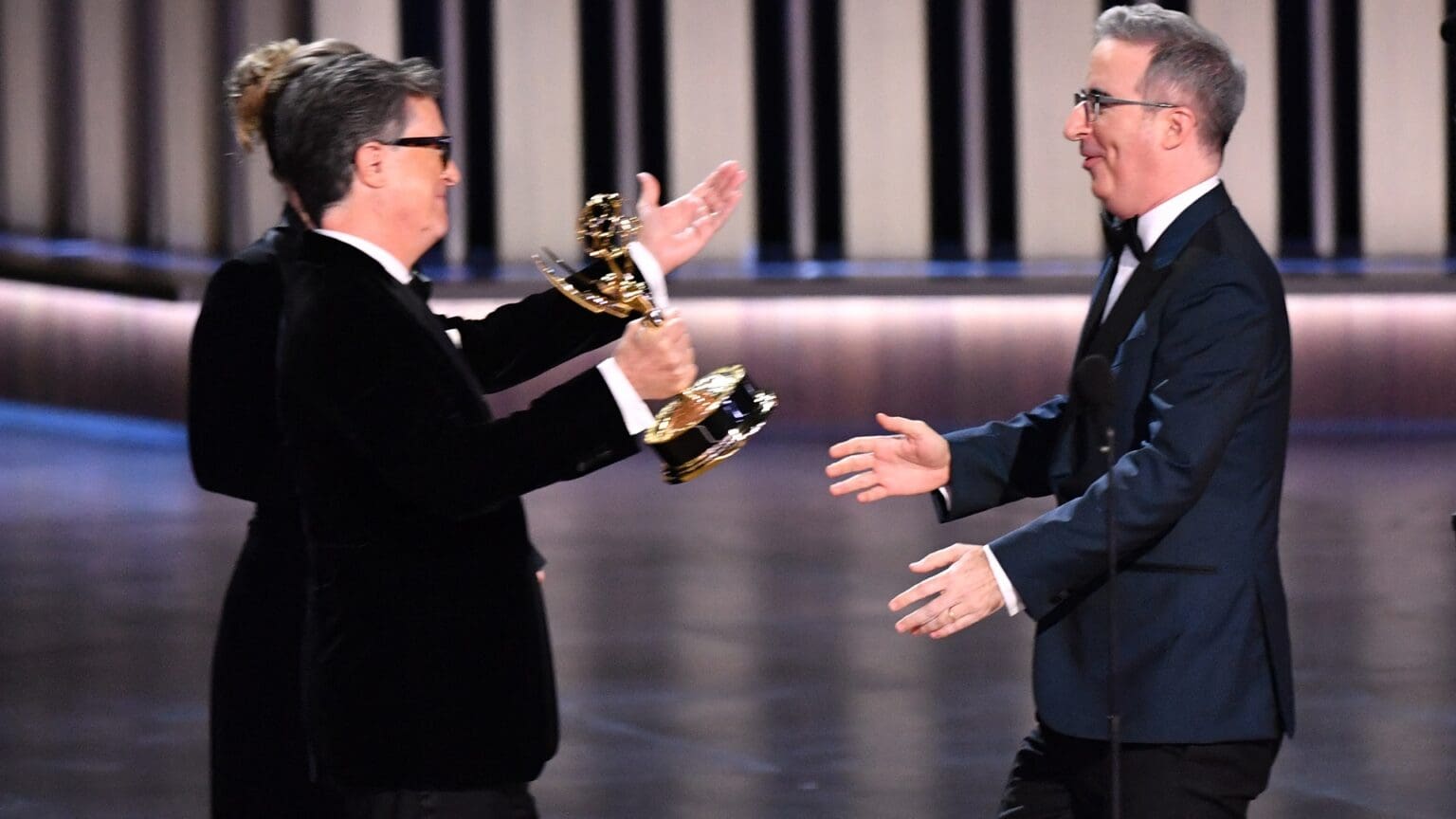
‘That is a sophisticated system of spreading propaganda. Had anything like that ever happened in Hungary, we would be sure to hear from international media watchdog groups and politicians from Brussels as well.’
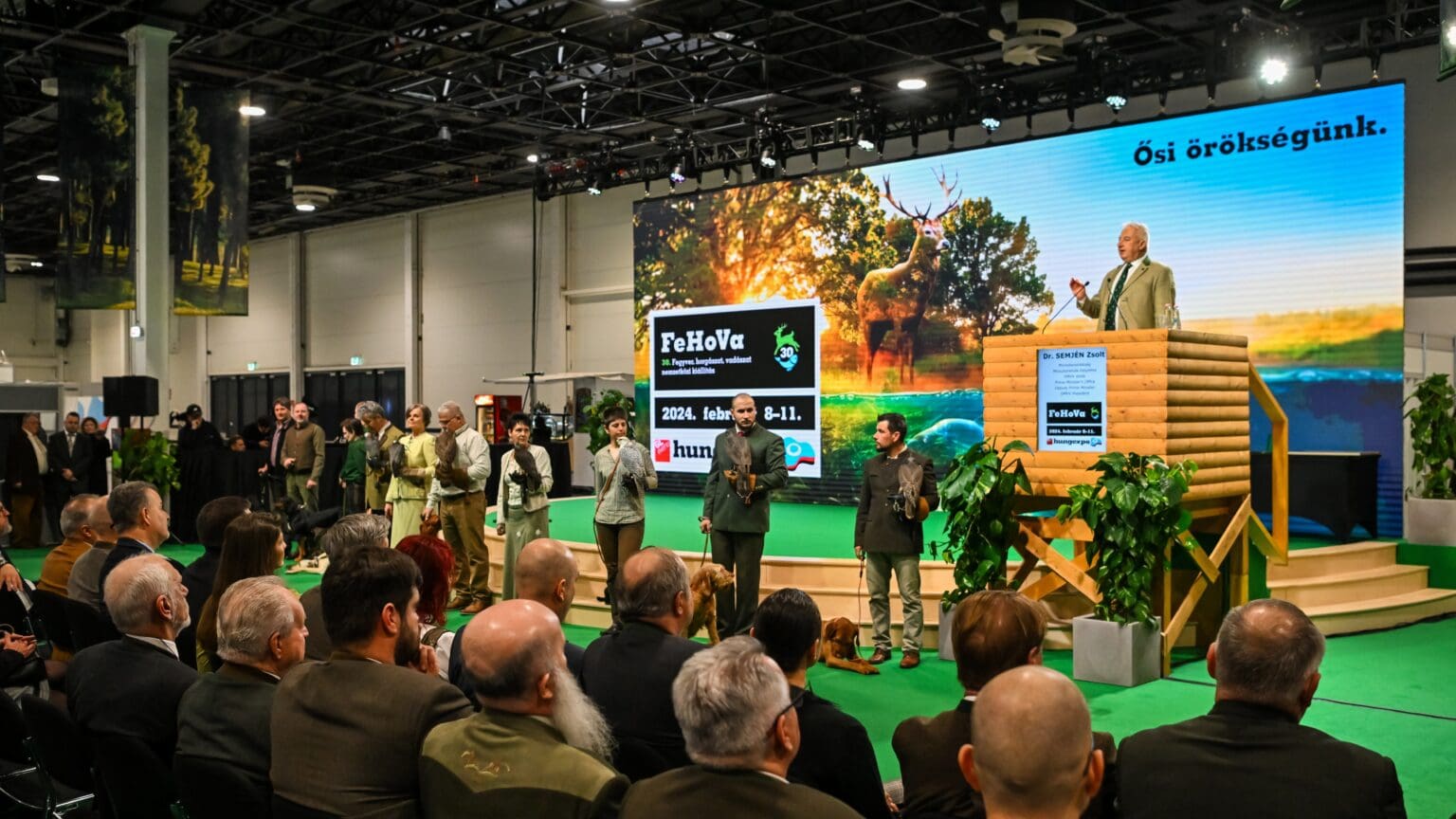
‘In the past year, reasonable and realistic laws and fair regulations were enacted based on the proposals and requests of the Hungarian hunting community,’ the Deputy Prime Minister stated, who is also the President of the Hungarian Hunters’ National Association.
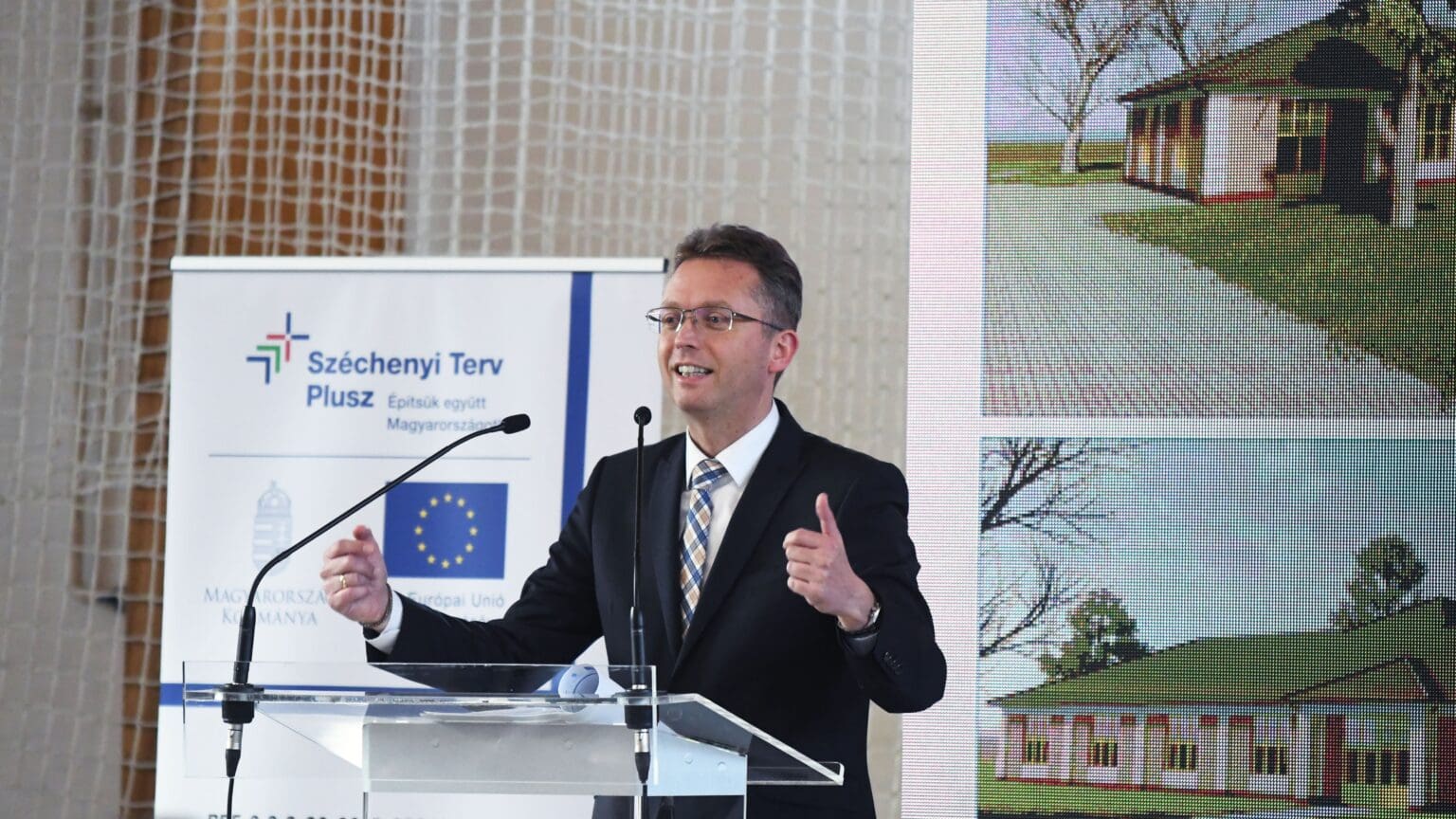
This is the year of developments concerning Hungarian vocational education. The success of the renewed vocational education is due to its focus on practical training and dual education as well as the fact that it simultaneously provides a trade, a diploma, and a livelihood.
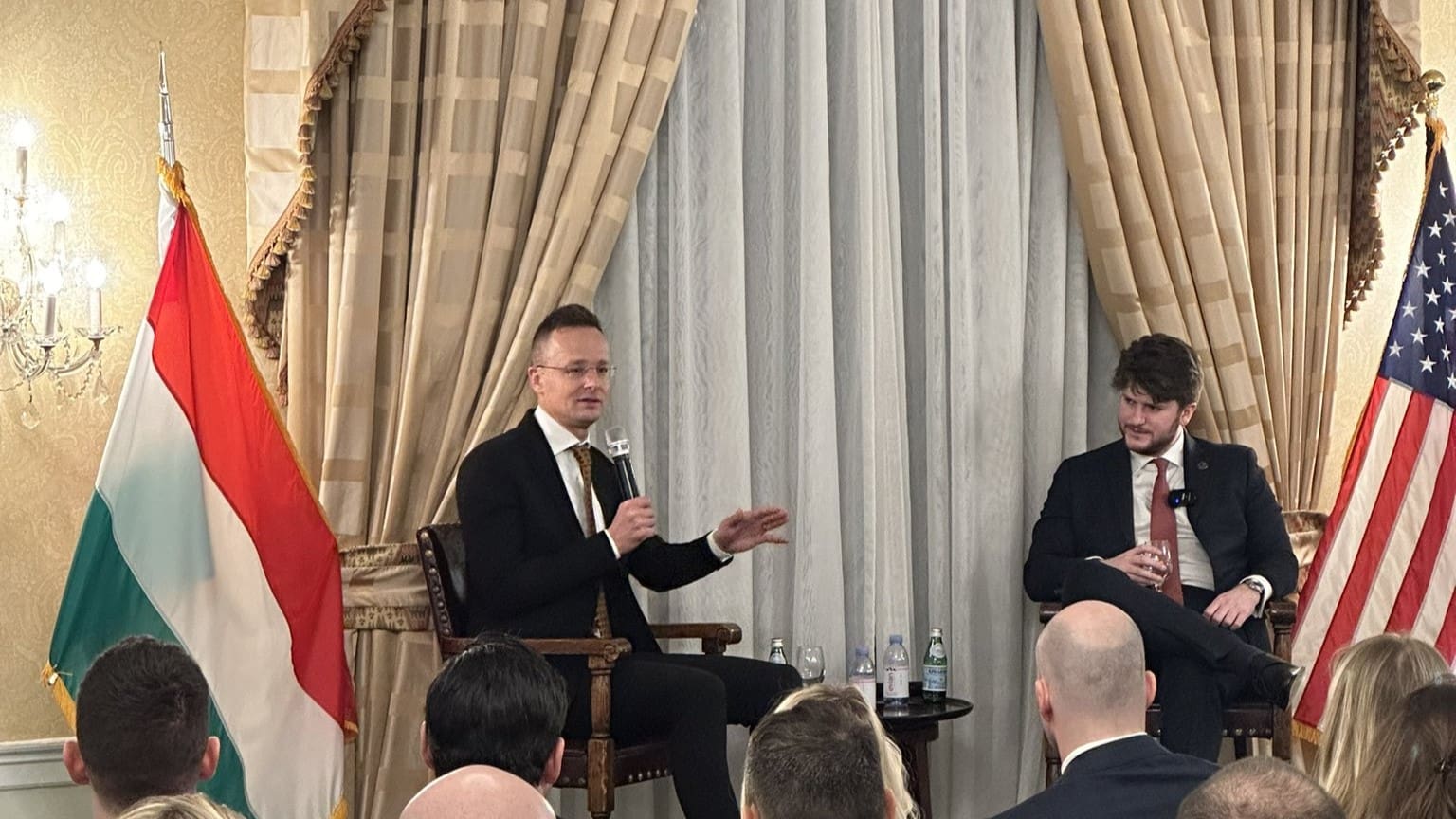
Hungarian Minister of Foreign Affairs and Trade Péter Szijjártó was the guest speaker at the latest event of the International Speaker Series organized by the New York Young Republican Club on 7 February. After addressing the challenges Europe has been facing lately regarding the war, migration, and shrinking competitiveness, the minister answered several questions from the audience.

The Hungarian-born French visual artist, Vera Molnar, passed away in December last year, shortly before her 100th birthday. The exhibition opening this Saturday was planned for this significant occasion, and the artist herself participated in the planning during the initial stages.
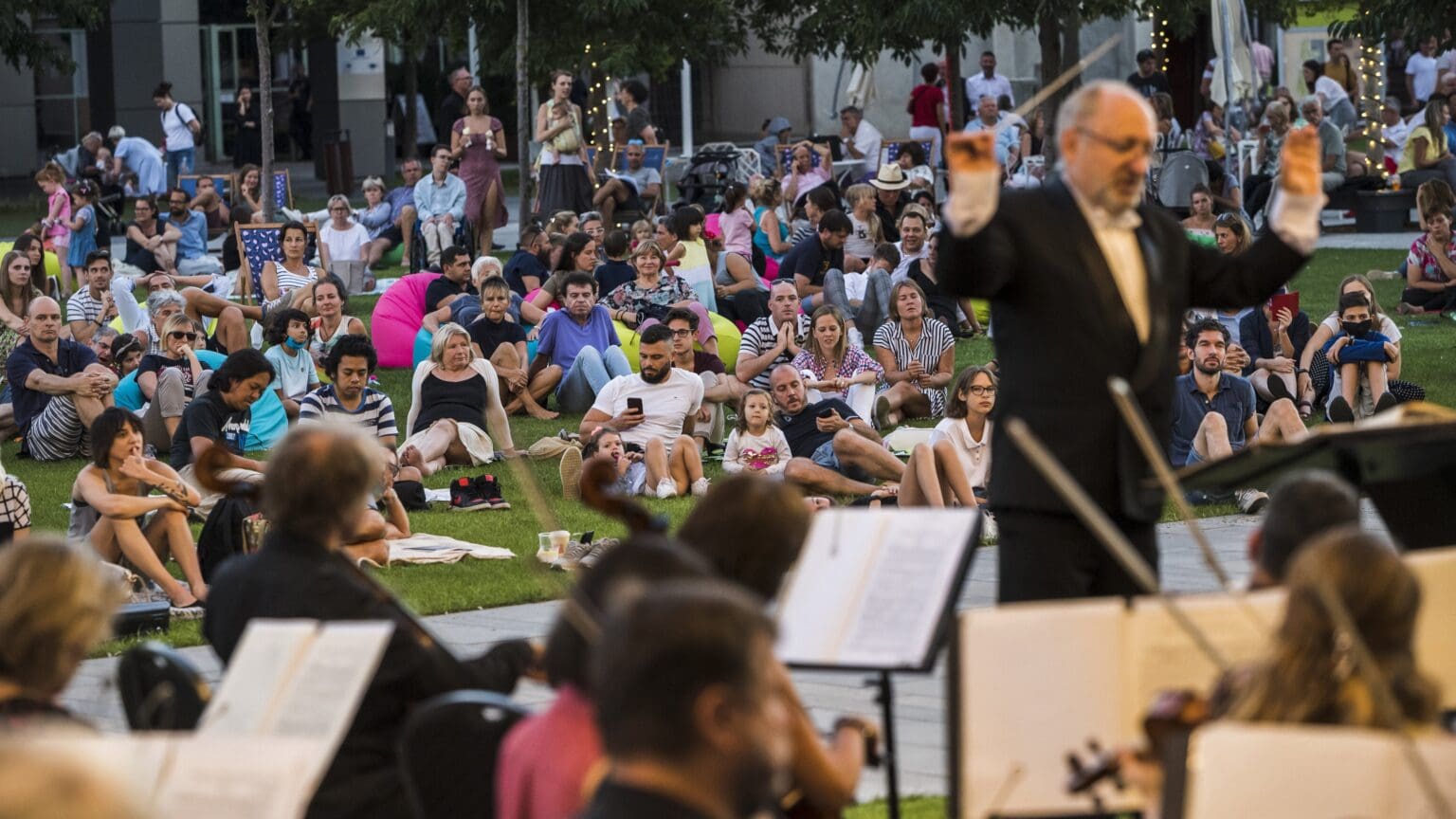
The conductor of the concert will be Thomas Sanderling, who has collaborated with masters such as Herbert von Karajan and Leonard Bernstein, while the soloist of the Violin Concerto will be world-famous German violinist Kirill Troussov.
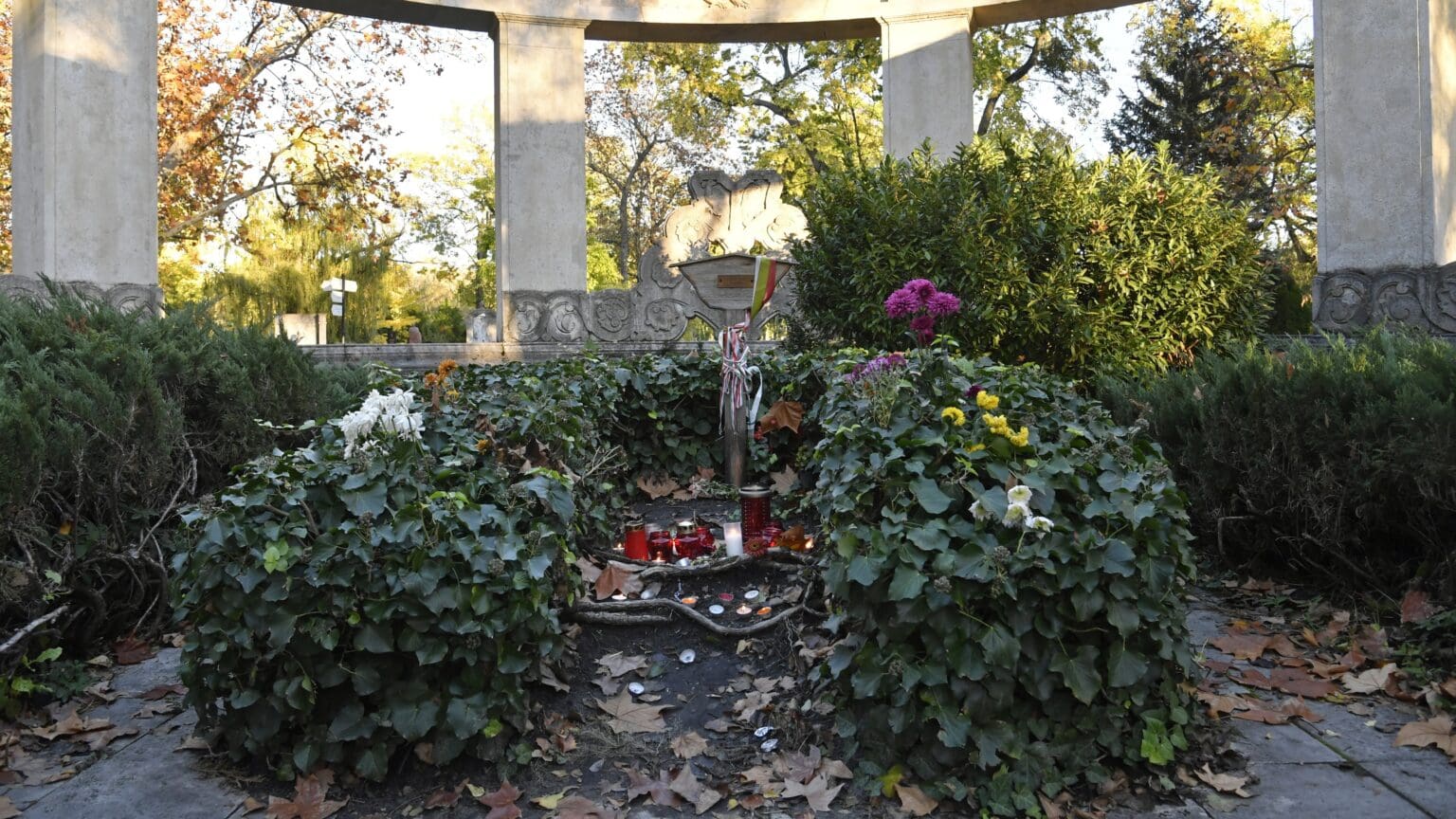
More and more members of the younger generation are visiting the historical cemeteries in Budapest, showing increasing interest in the nation’s past.

Norbert Baráth, the CEO of Speedwolf Sports Organization, emphasized in a press conference that such a prestigious Speedway event has not been held in Hungary since the sport’s inception.
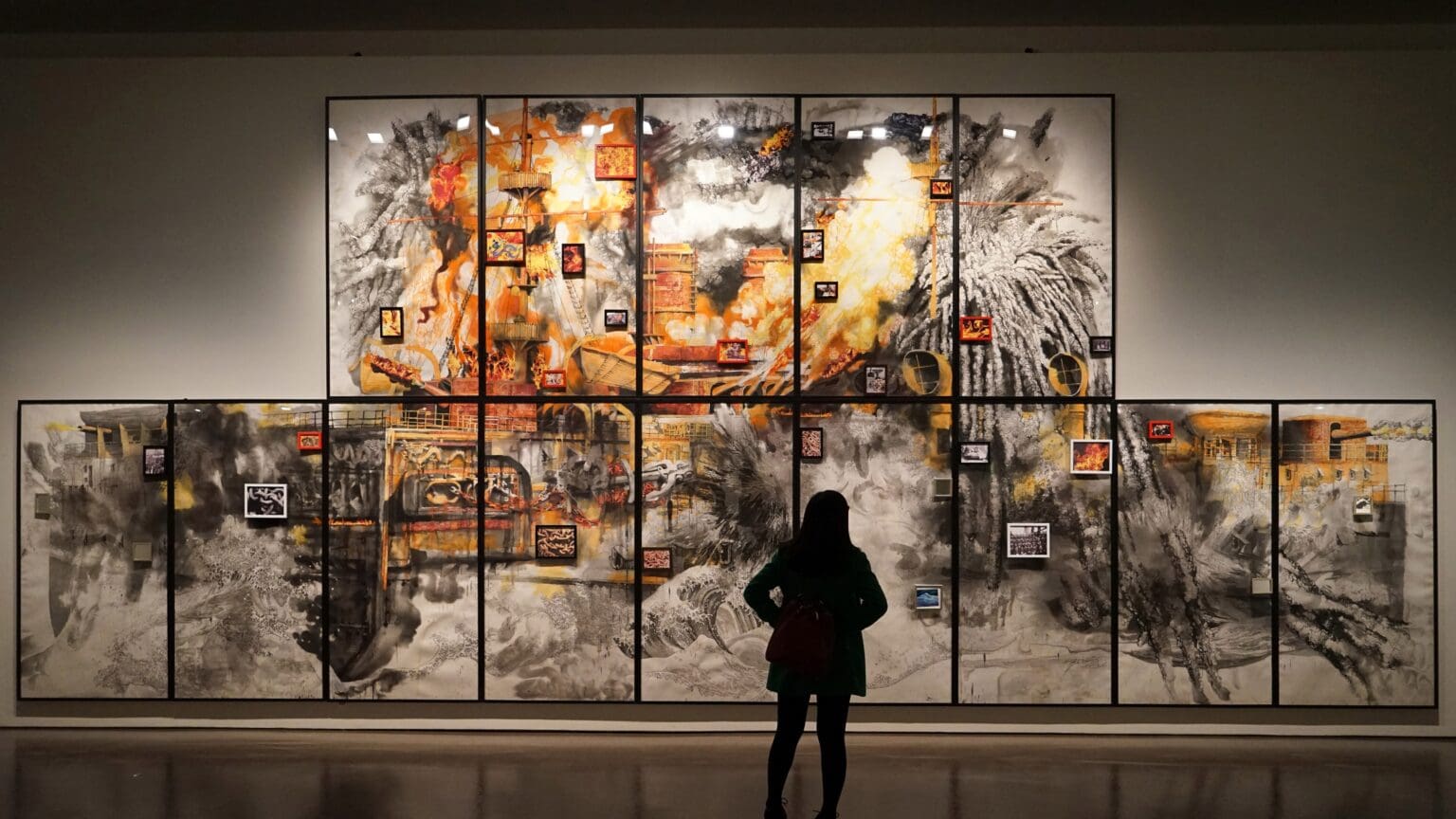
The material compiled from emerging artists of the Y generation highlights one of the most defining artistic trends of recent years, the post-digital movement.
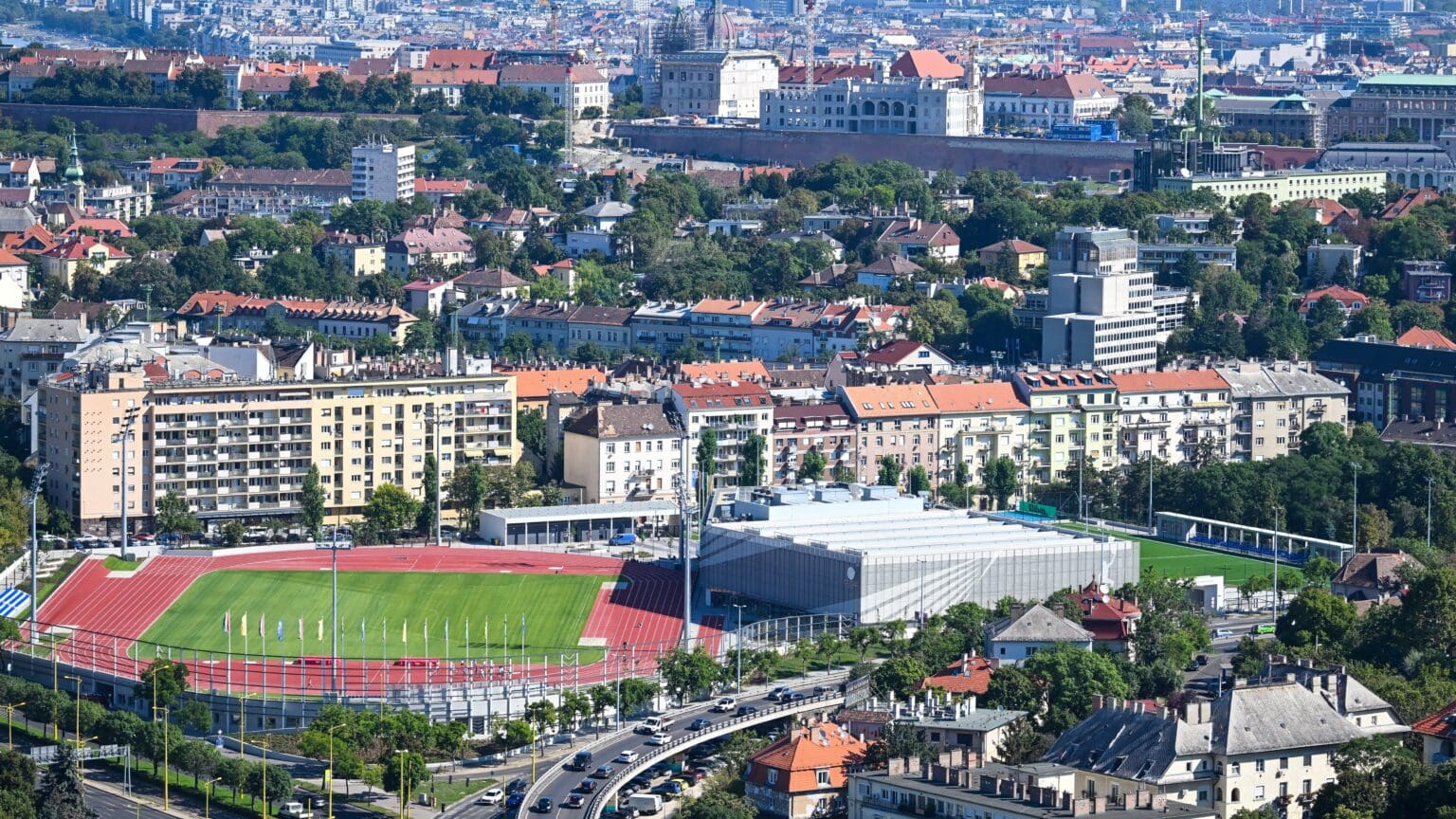
The Hungarian Olympic Committee hopes that through educators participating in the training, thousands of students will become familiar with Olympic values such as excellence, respect, and friendship, and eventually become active supporters of the Olympic movement by following the same set of values.
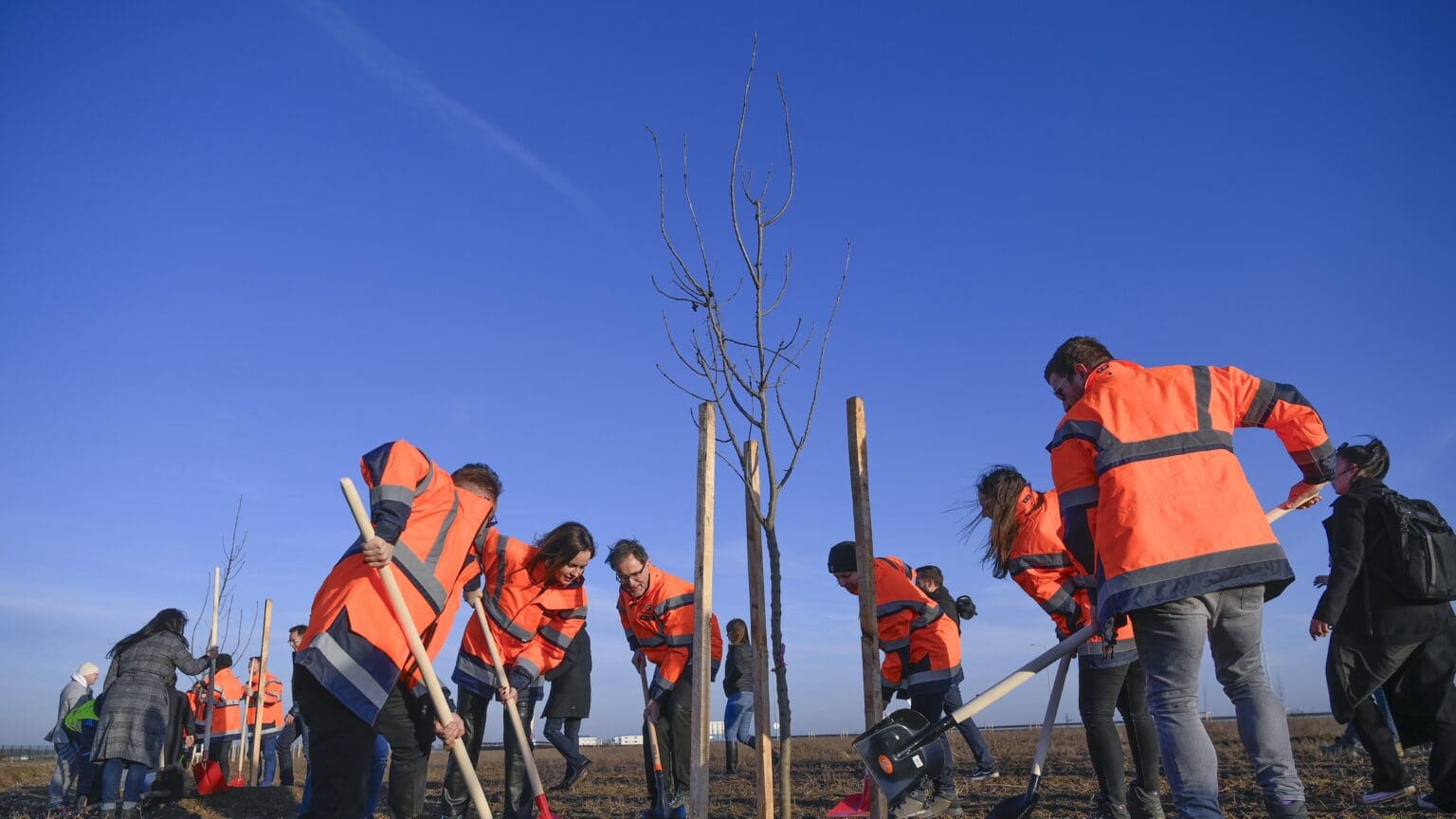
Mayor László Papp reminded that, in line with the new environmental policies launched in 2019, economic development in Debrecen must take place in a sustainable and environmentally conscious manner.
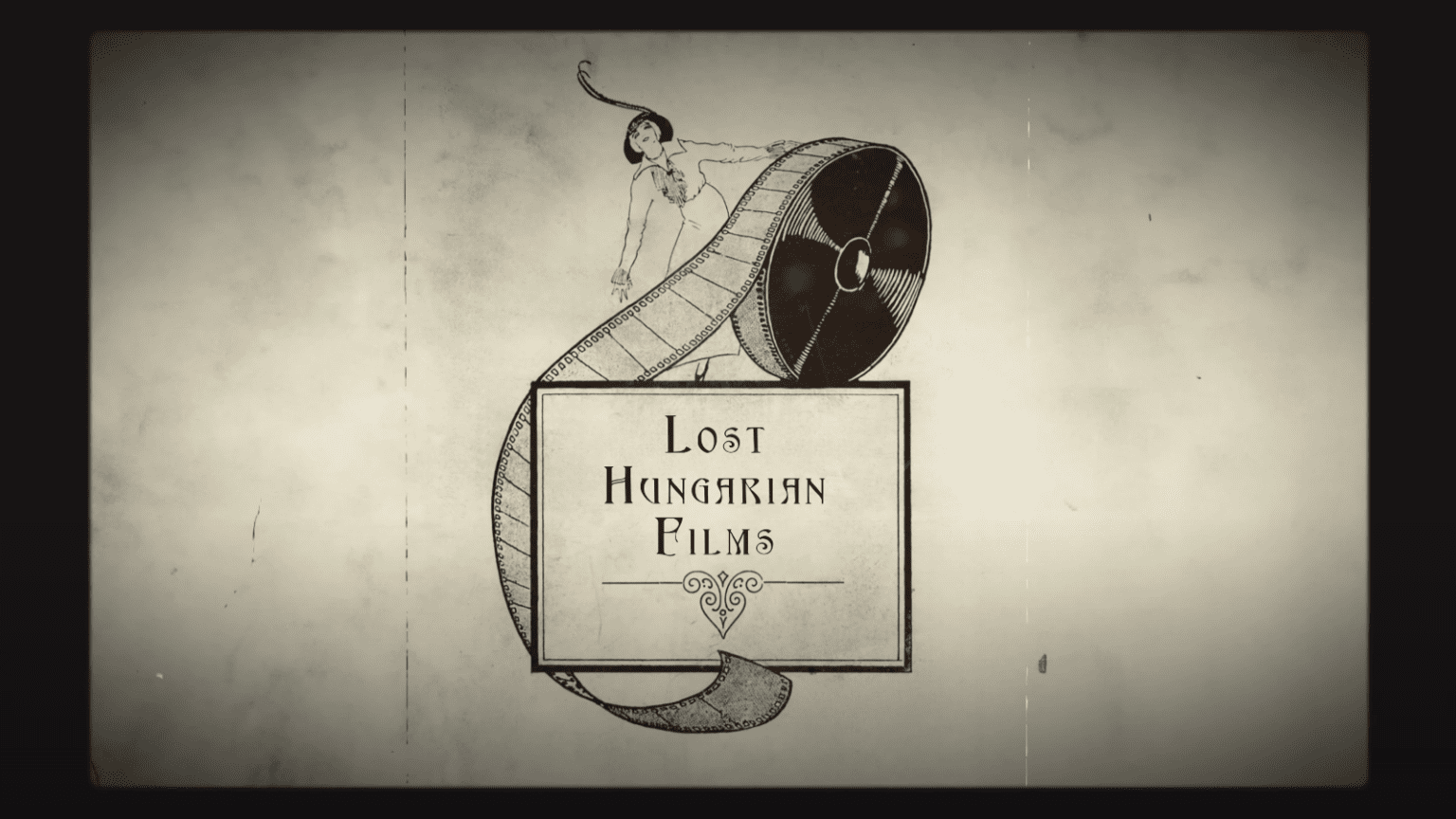
The fifteen-minute documentary focuses on the early challenges of Hungarian cinema history, including the flammability of nitro celluloid film reels, which resulted in numerous tragic fires during the silent film era.

In the first days of February, nearly a hundred specimens of various species and varieties of orchids from the garden’s orchid collection are blooming simultaneously. These can be thoroughly explored during guided tours starting after prior registration, this Sunday and then on 24 February.
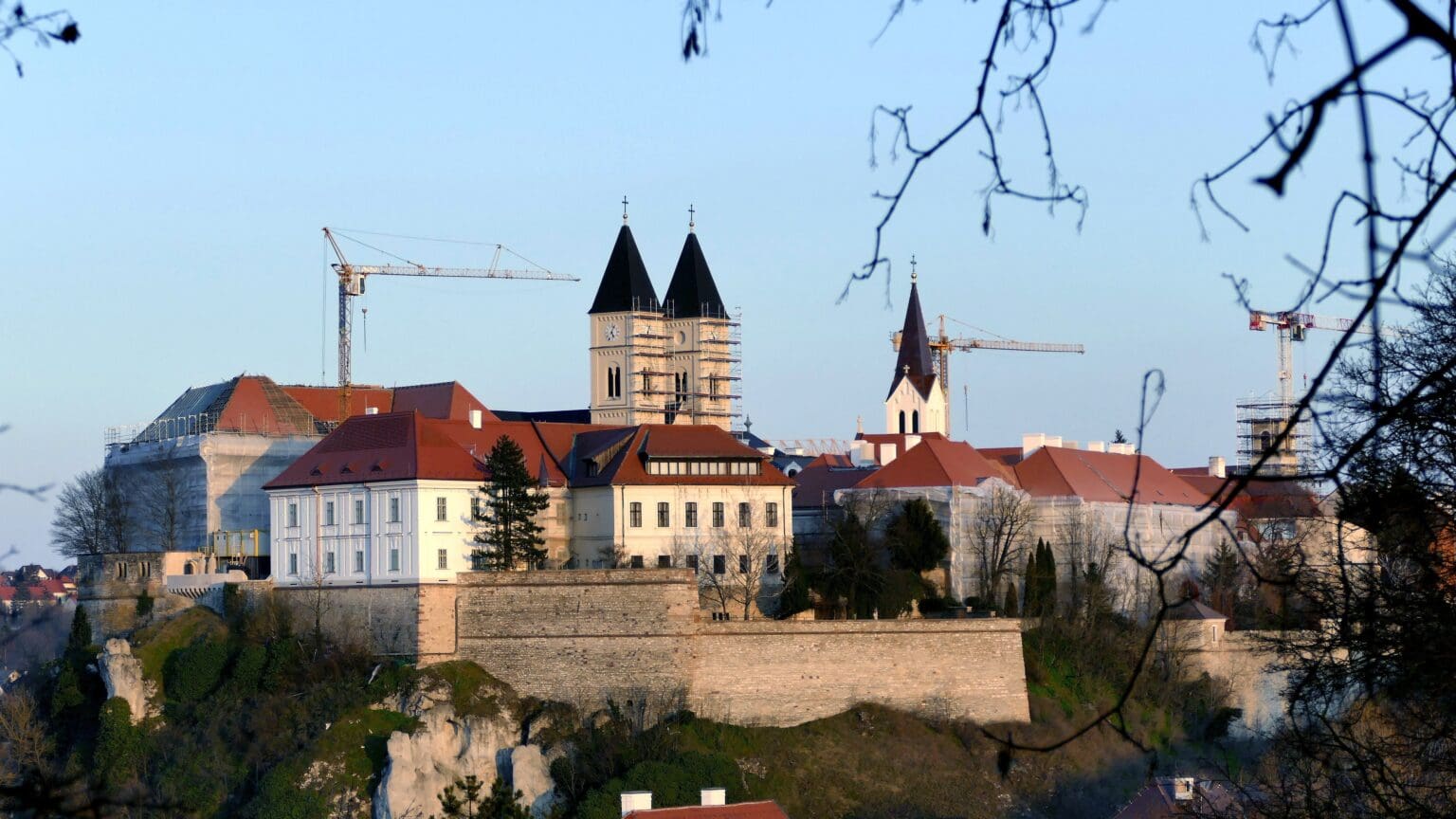
According to the announcement, during restoration work in the Veszprém Castle, a painting showing the Evangelist Luke was found in the St Emeric Church, while a figure depicting an Austrian soldier was discovered in the Tejfalusy House, a building that previously functioned as a canonry.
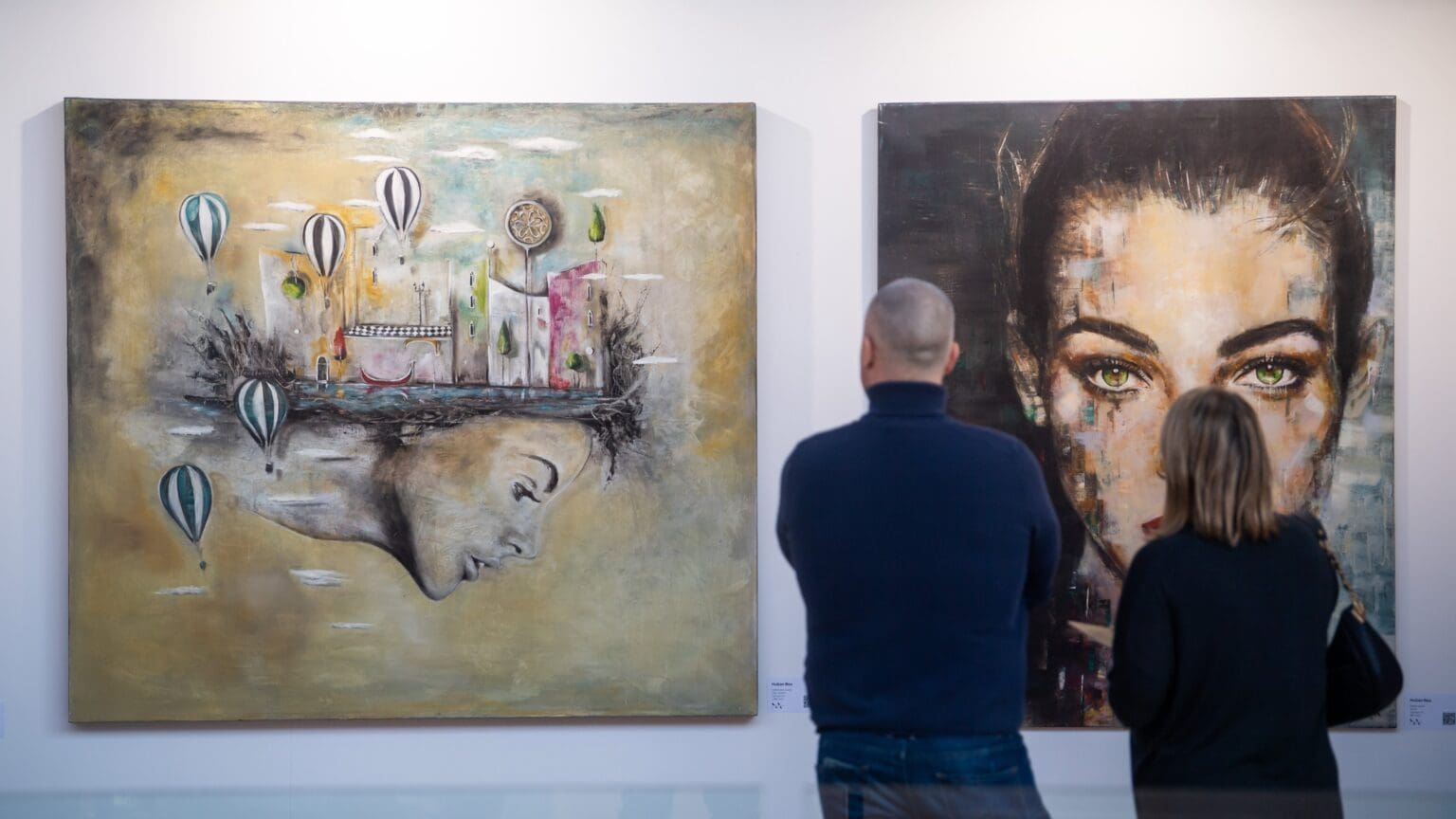
The event also hosts an online charity auction, with proceeds this year benefiting the Opera House Ballet Students Foundation.
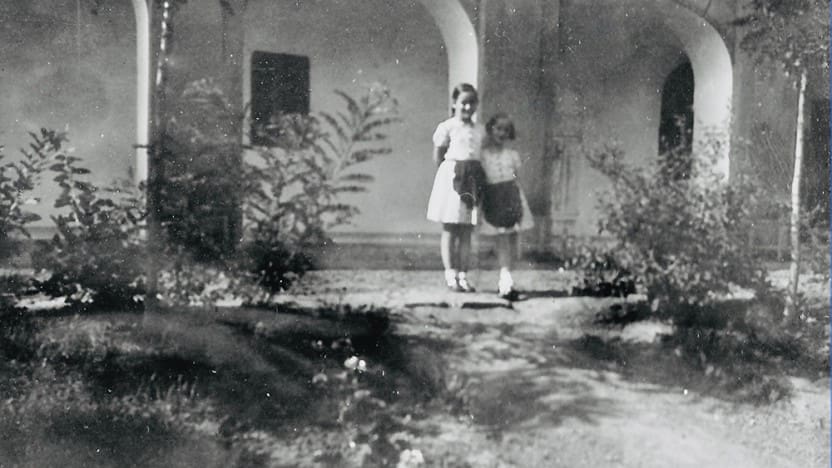
Here in Hungary, few people know the name of Baroness Éva Kohner, but in professional circles, she is well known, as her work, particularly her research on the effects of diabetes on the eye, is internationally outstanding.

The Hungarian athlete earned Hungary’s first gold in open water swimming at the Doha World Championships.
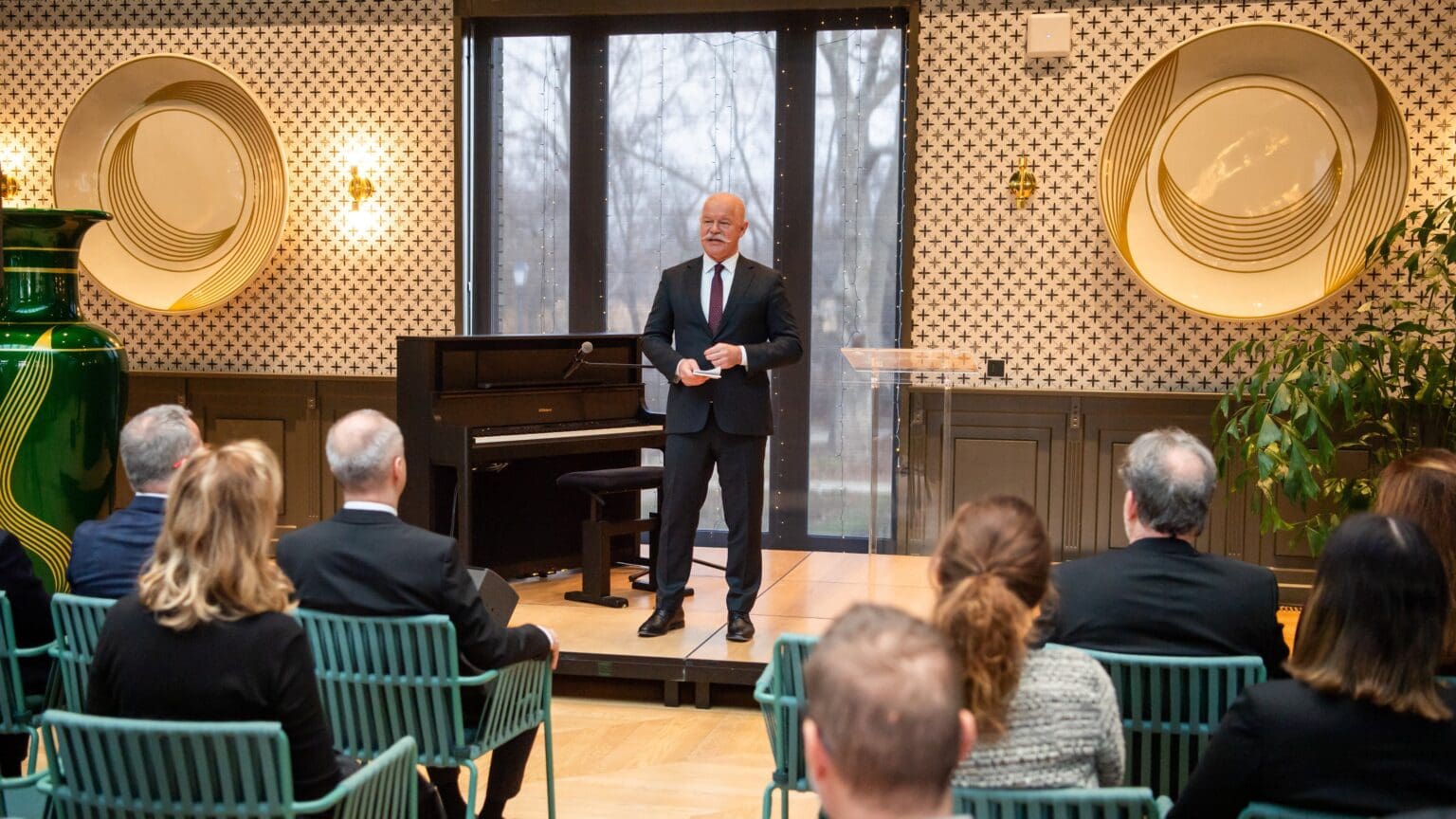
The National Museum of Photography, opening in 2025, will include over a thousand square metres of exhibition space, a specialized library, museum educational workshops, and professional events.

Hungarian Conservative is a quarterly magazine on contemporary political, philosophical and cultural issues from a conservative perspective.